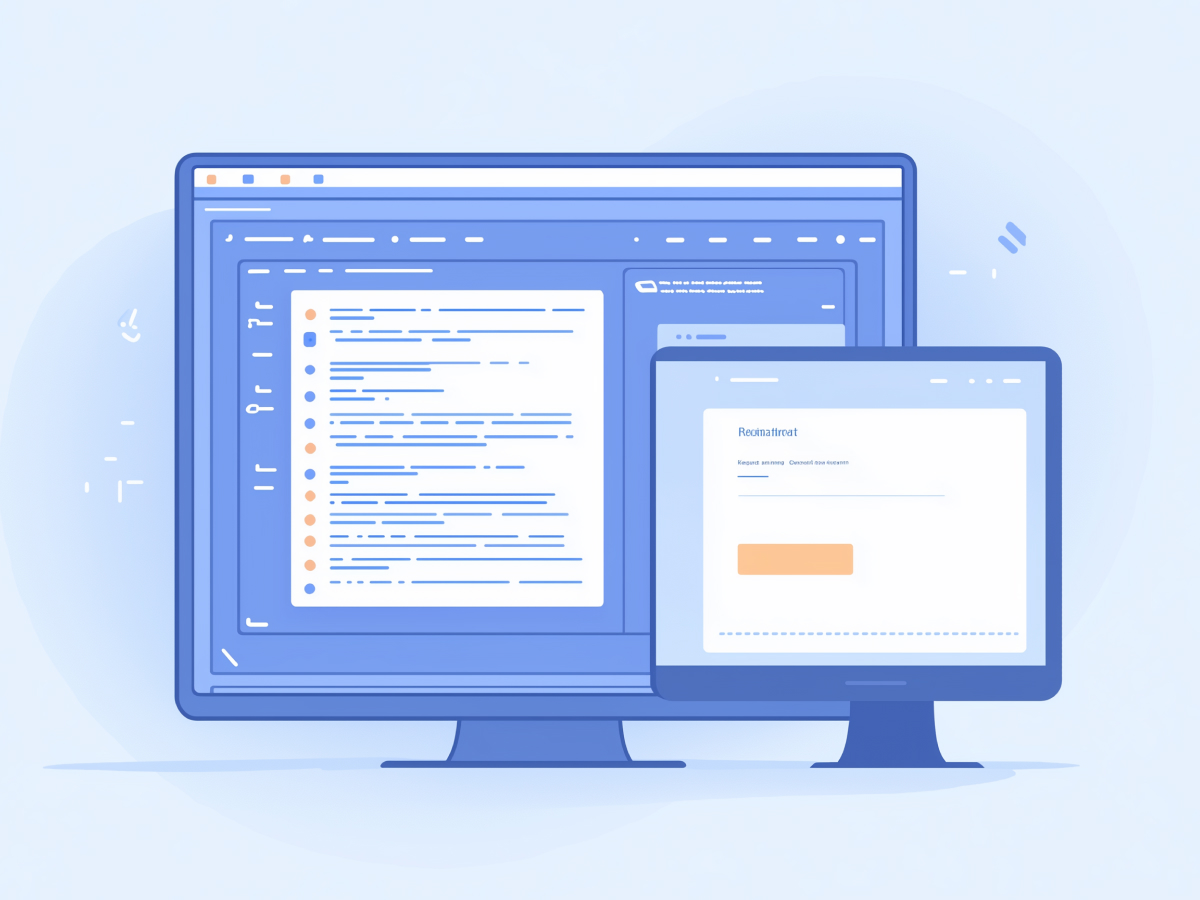AI’s transformative impact on workplaces
Artificial Intelligence (AI) transforms workplaces, automating routine tasks to free up employees for more complex responsibilities. Efficiency gains from AI prompt questions about wage adjustments for these enhanced tasks. Experts suggest that without proactive advocacy from individuals, wage increases for such roles might remain elusive.
Employees engaging in more sophisticated tasks due to AI intervention face a new workplace dynamic, where their contribution’s value may not automatically reflected in their compensation. Demonstrating the impact of their advanced work becomes essential for negotiating wage increases.
Employment shifts
AI technology’s integration into the workforce can alter employment structures, potentially transitioning full-time positions to part-time roles. Beyond the common concern of AI leading to job losses, there exists a nuanced effect on job security.
Full-time employees may find their hours reduced as AI takes over tasks they previously handled, necessitating a reevaluation of their roles and contributions. Employers and employees alike must navigate these changes, understanding that AI’s influence extends beyond efficiency improvements to fundamentally reshaping employment terms and conditions.
Economic context
Industry-wide economic trends
Economic challenges and widespread layoffs characterize the start of 2024, prompting companies to adopt a cautious stance on wage increases. As industries across the board face uncertainties, the focus shifts toward maintaining stability rather than expanding payroll budgets. Firms, aiming to navigate through these turbulent times, prioritize financial prudence, which directly impacts their approach to employee compensation.
Specific data and forecasts
Research from Vistage reveals a cautious approach among CEOs concerning wage increments. A notable percentage of these leaders express intentions to confine raises to smaller percentages compared to the previous year.
At the same time, WTW’s analysis forecasts a modest average salary increase of 4% for 2024, a decrease from the 4.4% average raise observed in 2023. Such data reflect a broader trend of restraint and strategic financial planning amid economic uncertainties, highlighting the direct impact of macroeconomic factors on individual wage growth.
Historical perspective on technology and jobs
Historical trends show that technology reshapes the workforce, introducing new, higher-paying positions as it renders certain tasks obsolete. When emails replaced letters, or when cars replaced horse-drawn carriages, not only did people retain their employment, but they also transitioned to more sophisticated and better-compensated roles.
As technology advances, employees shift from manual, time-consuming tasks to more strategic and complex responsibilities. This evolution in job functions reflects a consistent pattern where technology, rather than displacing workers, transforms the nature of work, fostering the creation of more advanced, lucrative roles.
Skill gap and wage growth
Concerns are growing that AI’s rise might exacerbate wage disparities. Those proficient in AI stand a better chance of securing well-paying positions, a scenario that potentially leaves individuals without such expertise or access to appropriate education at a disadvantage.
A study highlighted in Forbes revealed that AI has caused a 50% to 70% decrease in wages, contributing to income inequality and posing a threat to millions of jobs. This decline in wages is attributed to automation technologies replacing or degrading blue-collar workers, leading to a widening chasm in wealth and income inequality.
As technology becomes more ingrained in various sectors, the demand for AI-related skills escalates, creating a divide in the workforce. Individuals lacking these capabilities may find themselves increasingly marginalized, highlighting the necessity for educational systems and training programs to adapt and provide broader access to these essential skills, ensuring a more equitable distribution of opportunities in the AI-driven job market.
Employability and purpose
In the current era where AI influences many aspects of work, possessing a diverse skill set and aligning one’s job with a sense of purpose are becoming essential for career progression. Employees who demonstrate adaptability, a willingness to acquire new competencies, and the ability to align their roles with their values and goals are more likely to thrive.
Organizations and workers alike recognize that job satisfaction and career growth now depend as much on meaningful engagement and personal fulfillment as on technical expertise and traditional performance metrics.
Employee advocacy
Empowering employees to grasp how AI might alter their job functions and remuneration is essential. Informed workers can negotiate effectively for fair compensation, particularly when they acquire innovative skills that enhance organizational productivity and success.
As AI reshapes job descriptions, employees who proactively identify and develop new competencies relevant to this technological shift position themselves as valuable assets to their employers, meriting recognition and equitable compensation for their enhanced contributions to the company’s advancement.
Organizational strategy
Employers are embracing a proactive stance toward AI integration within their organizations. They recognize that AI’s value extends beyond enhancing efficiency and includes the potential for workforce upskilling. Strategies like weaving AI competencies into performance evaluations and development plans are becoming commonplace.
Performance reviews
Incorporating AI-related competencies into performance evaluations enables employers to pinpoint specific training or development needs within their teams. Staff members receive clear feedback on where they excel in AI skills and where improvement is necessary. Such evaluations assist organizations in maintaining a workforce adept at navigating job transformations due to AI advancements.
Personal development plans
Embedding AI learning goals within personal development plans empowers employees to proactively identify and bridge their skill gaps. Workers gain insights into the AI skills they need to develop, fostering a sense of ownership over their career progression. Organizations benefit from a workforce that is proactive about adapting to AI-driven changes.
Upskilling programs
Investing in upskilling initiatives that focus on AI competencies is a strategic move for organizations. Tailored to align with both the organization’s and employees’ needs, these programs equip staff with essential AI skills. Such educational initiatives prepare employees to excel in an AI-enhanced work environment, ensuring the organization remains competitive and innovative.




